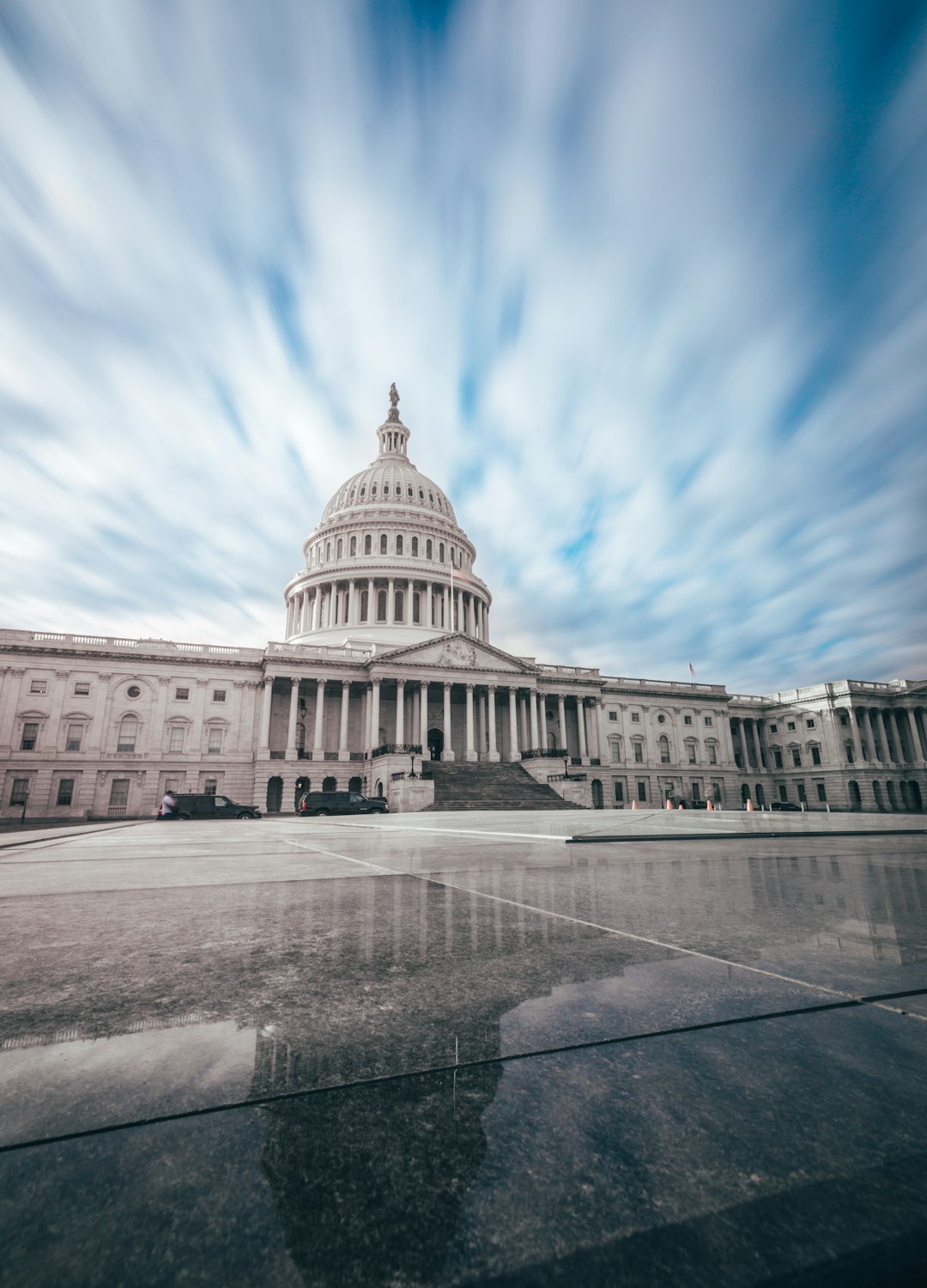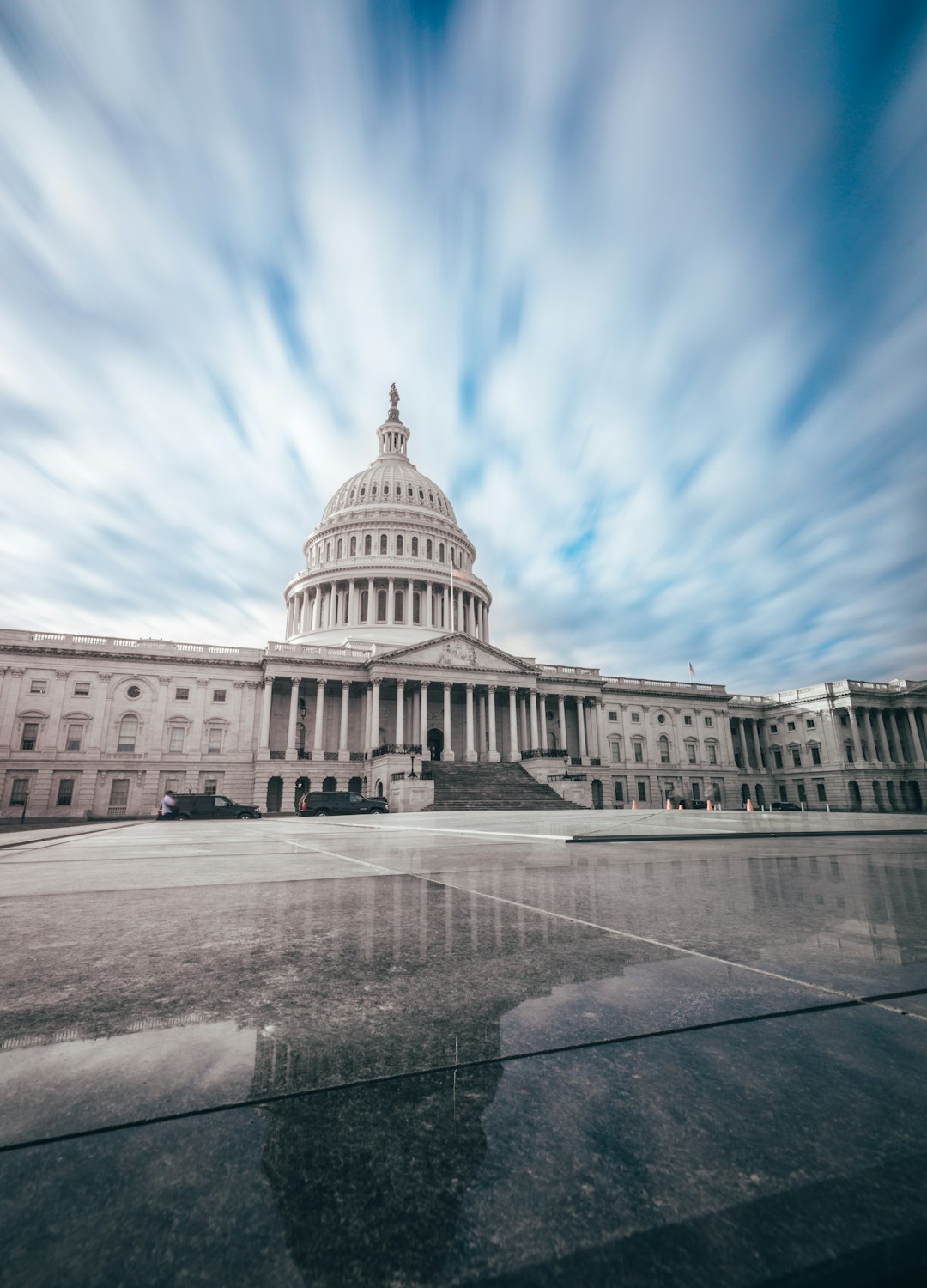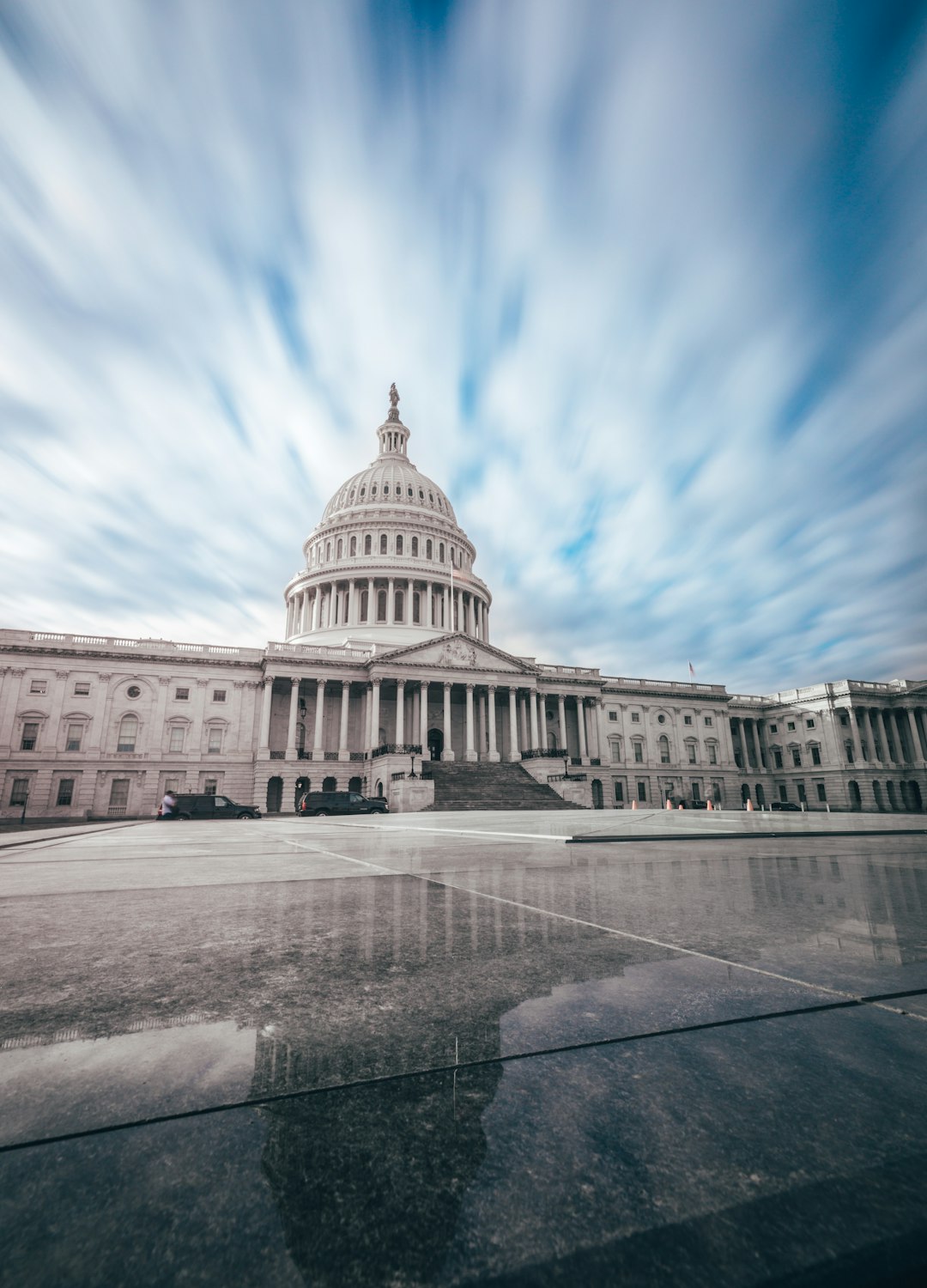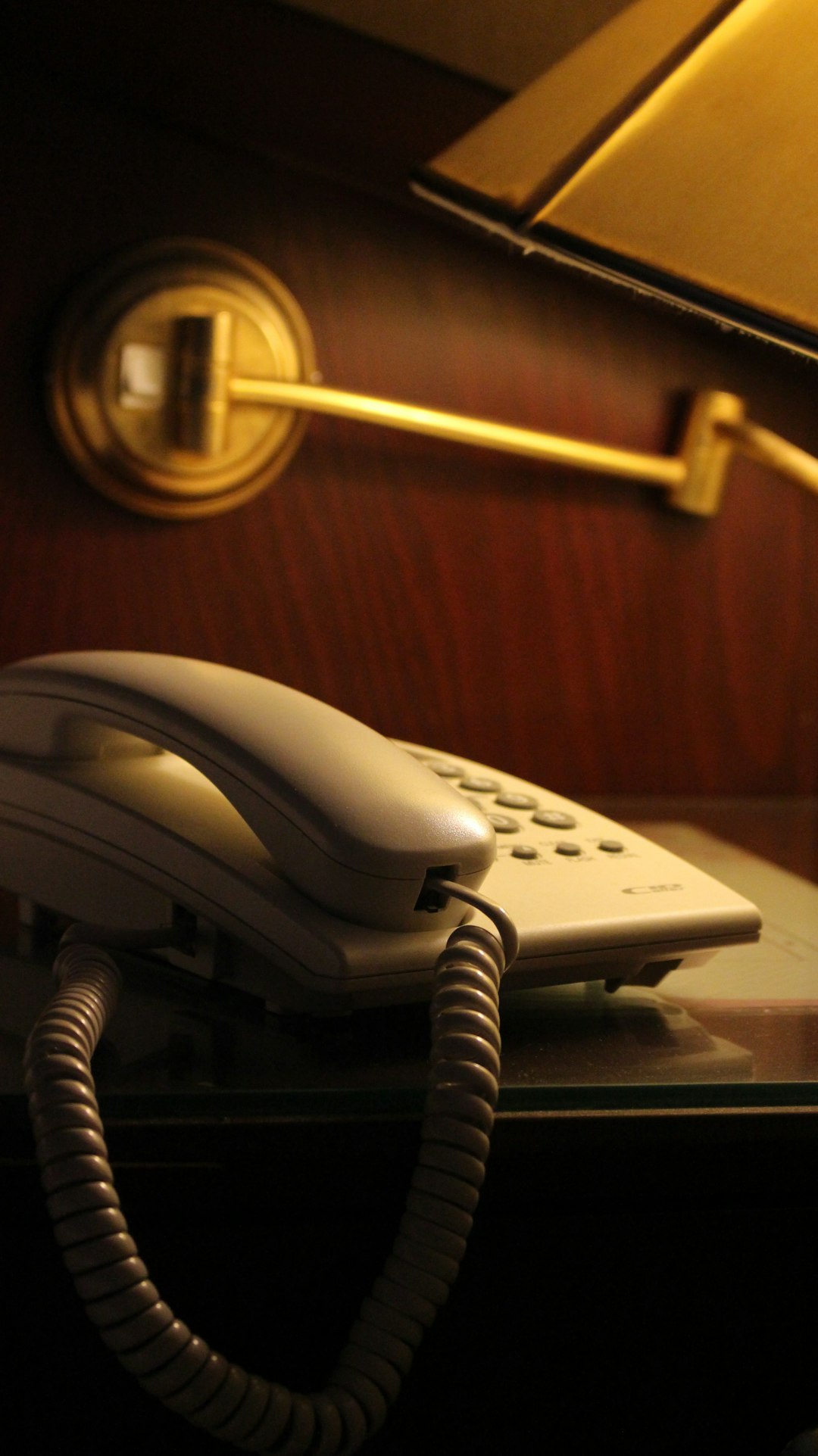In Washington State, strict consumer protection laws regulate debt collectors, making false statements or aggressive practices illegal. A specialized lawyer for debt collector laws in Washington is crucial for understanding and protecting your rights against violations like false claims, which can lead to civil lawsuits and penalties. Prompt legal action, including drafting demand letters and initiating lawsuits, ensures debtors' rights are upheld under the Fair Debt Collection Practices Act (FDCPA) and state regulations. Retain a professional lawyer when facing complex debt collection issues to navigate legalities, document violations, and seek damages or injunctive relief.
In Washington State, false statements by debt collectors can have severe legal consequences. This article guides you through understanding and addressing these misrepresentations, focusing on the legal definition and standards under Washington law. We’ll explore the potential repercussions of making false statements and advise when to retain a lawyer specializing in debt collector issues. Additionally, we provide steps to protect your rights after engaging legal counsel. For comprehensive insights, refer to our keyword-rich content on finding a lawyer for debt collector laws in Washington.
Understanding False Statements by Debt Collectors in Washington

In Washington, false statements by debt collectors are taken very seriously due to stringent consumer protection laws. When a debt collector makes misleading or fraudulent claims during the collection process, it not only violates ethical standards but also invites legal repercussions. A lawyer for debt collector laws in Washington can help navigate these complex issues.
If you’ve been a victim of such practices, understanding your rights is crucial. Knowledgeable legal counsel can advise on how to respond, whether through disputing the debt or reporting the misconduct to regulatory bodies. The goal is to protect your financial and legal interests while ensuring that debt collection activities remain fair and transparent.
Legal Definition and Standards in Washington State

In Washington State, a “debt collector” is legally defined as any individual or entity that collects debts on behalf of others, including creditors and other debt owners. The Washington Department of Financial Institutions (DFI) regulates debt collection practices within the state, ensuring compliance with both federal and local laws. Debt collectors must adhere to strict standards and guidelines to protect consumers from false statements and unfair practices.
The Fair Debt Collection Practices Act (FDCPA), a federal law, sets forth rules that govern how debt collectors can interact with debtors. Washington State has its own version of this legislation, known as the Washington Consumer Loan Act, which further reinforces the legal standards for debt collection. These laws prohibit debt collectors from making false statements about the amount owed, using aggressive or abusive language, and causing unnecessary harm to a consumer’s reputation. A lawyer for debt collector laws in Washington can provide expert guidance on these regulations and help debtors understand their rights when dealing with debt collectors.
Consequences of Making False Statements

Making false statements, especially by a debt collector in Washington state, can lead to severe legal consequences. These actions are considered violations of consumer protection laws and can result in civil lawsuits. If found guilty, individuals or companies responsible for such falsehoods may face substantial monetary fines and damages. This includes compensatory damages awarded to the affected party, often based on the harm caused by the false statements.
A lawyer specializing in debt collection law in Washington can guide clients through these complex matters. They can assist in understanding the specific violations, potential penalties, and the best course of action to take, whether it’s negotiating a settlement or preparing for trial. It is crucial to act promptly as many cases have strict statute of limitations, which could limit legal options over time.
When to Retain a Lawyer for Debt Collector Issues

If you’re facing issues with a debt collector in Washington and believe they’ve made false statements or violated your rights, it’s crucial to know when to retain legal counsel. While some cases can be resolved through direct communication with the collector or using self-help resources, certain circumstances warrant professional assistance from a lawyer specializing in debt collection laws in Washington.
Complex legalities often surround debt collection practices, and state regulations like Washington’s Debt Collection Act provide consumers with specific rights and protections. If you’ve received harassing or false communications, been subjected to unfair collection practices, or have questions about the validity of a debt, an experienced lawyer can help. They will guide you through your rights, ensure collectors adhere to legal boundaries, and take appropriate action if necessary, including filing lawsuits for damages or injunctive relief.
Protecting Your Rights: Steps After Retaining Legal Counsel

If you’ve been a victim of false statements by a debt collector, it’s crucial to take immediate action to protect your rights. After retaining a lawyer for debt collector issues in Washington, the first step is to gather all relevant information and documentation. This includes any communications with the debt collector, including letters, emails, or recordings, as these can serve as evidence of their false statements. Your lawyer will help you review these documents and identify potential violations of your rights under federal and state laws, such as the Fair Debt Collection Practices Act (FDCPA).
Next, your attorney will assist in sending a demand letter to the debt collector, formally disputing their false claims and demanding they stop contacting you. They may also initiate legal proceedings against the collector, seeking damages for emotional distress, actual losses, or statutory penalties. It’s essential to stay involved and responsive throughout this process, as your lawyer will need to update you on any developments and ensure that your rights are fully protected under Washington state laws governing debt collection practices.






